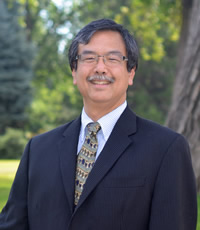Most business owners I talk with are still emerging from “hibernation,” shaking off the rust, and envisioning and creating their 2013. Dr. C. Otto Scharmer calls this “presencing” and puts it in a framework called Theory U.
Great leadership begins with self-leadership. This framework will open a new liminal dimension, providing you tools for leading yourself and then your firm.
Over the next three weeks, I will describe how these seven leadership competencies apply to leading and building your firm. Consider the path through this liminal dimension as the descent down one side of a letter U, fully attending to the bottom of the U and then ascending to the future.
Seven Theory U Leadership Capacities
The journey through the U develops seven essential leadership capacities. Here are the first four.
1. Holding the space of listening.
In my experiences in both men’s groups and executive coaching, I’ve observed that leaders who are prepared to create space not for their own agenda but for genuine, caring listening, create a greater good that leverages the strengths of their employees. Their employees are able to make genuine, not token, contributions.
The opposite of “holding the space of listening”? Pushing one’s own agenda. That’s the fastest way to kill creativity and initiative; it evokes the kind of death you don’t want.
2. Observing.
Once you have set the space to listen, you can dispassionately take in what is being said and done, as well as the non-verbal signals. We all see the world through tinted lenses. Thus, we are aware, to some degree, of this filter through which we view it.
3. Sensing.
Scharmer describes three instruments of preparing to bring the unknown, unseen future into the present: the open mind, the open heart, and the open will. When you gather your team for planning, you want to actively engage from these three axes. More often than we care to admit, our unopened heart—the lizard brain binds our mind and will.
4. Presencing.
As you and each member of your team connect to the deepest source of self, the future you envision is not the leaders’ will imposed on the team, but an organic, emergent and messy whole.
Toolkit:
Often, external structural constraints keep us from exercising the ideal. (Consider your corporate structure, the regulatory environment, tax laws, employment law and the like). Within that structure, consider the following questions. You might consider journaling ahead of time to prepare you to work with your team. Go with your gut responses and write quickly!
- What keeps you from having an “open mind”? Is it need for control? Fear? Past negative experiences with particular team members, present or past? Note that many corporate mandates are based on past bad experiences—not unlike shutting the barn door after the horse is loose!
- What keeps you from having an “open heart”? Can both you and your staff truly share intuitions, feelings, and even doubts about the business or its leadership openly?
- What keeps you from an open will? An aging body need flexibility training. Your will is no different!



